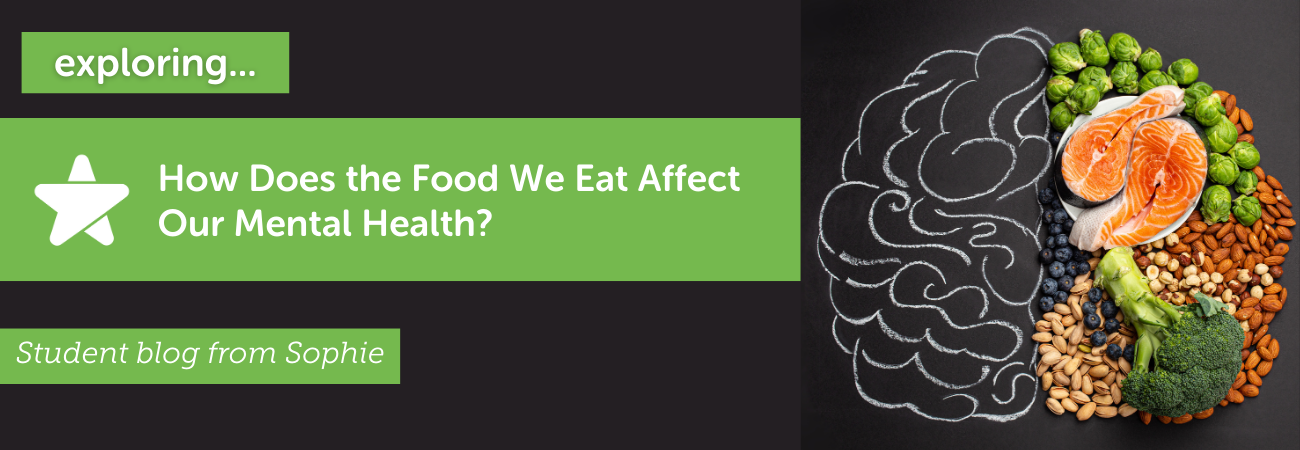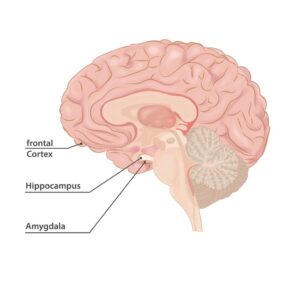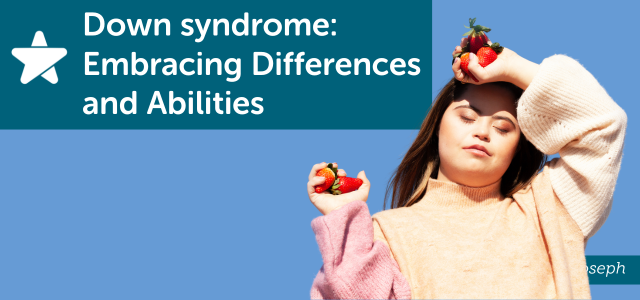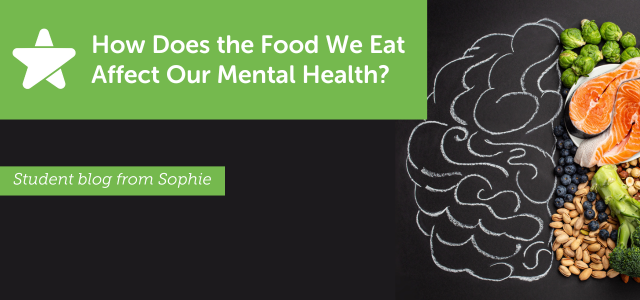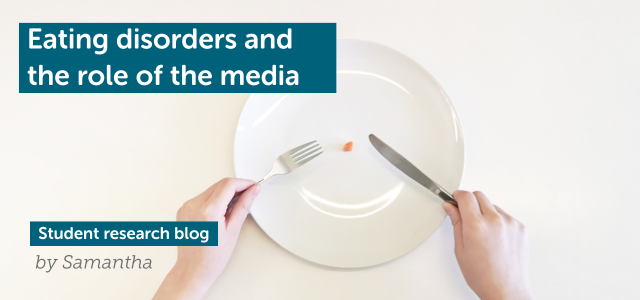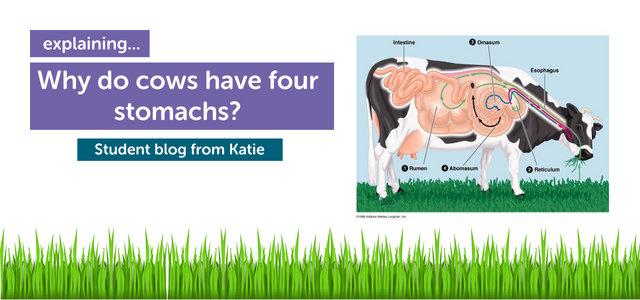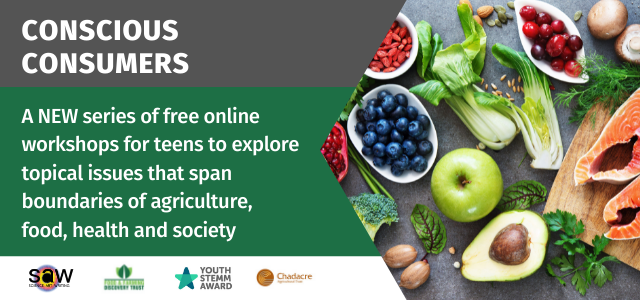Many people think that diet mainly impacts physical health, but what we eat also has a significant effect on our mental well-being. In this blog, Sophie explores how processed, sugary, and ultra-processed foods are becoming staples in our diets and questions why we often overlook their impact on our brains and mental health.
The Brain and Processed Foods
Studies have found that pre-packaged, processed foods can contribute to symptoms of depression, anxiety, dementia and stress. For instance, consuming nine or more portions of ultra-processed foods (UPFs) a day has been linked with a staggering 50 % increase in the risk of depression [1].
On the other hand, diets like the Mediterranean or Traditional Japanese diets, when compared to a typical ‘Western’ diet, are associated with a lower risk of depression (by up to 35 %). It is thought this is because these diets include a variety of whole foods, which are naturally sourced [2].
Depression, Dementia and the Hippocampus
Depression is a mental health disorder. What happens in the brain is that there is a reduced amount of grey matter volume and reduced functional activity in the hippocampus [3]. The hippocampus is responsible for memory in the brain. Ultra-processed foods contain artificial sweeteners, chemical additives and unnatural fat, which disrupts the hippocampus [4], and makes the food highly addictive (which is why depression commonly has symptoms of memory loss, and one of the events that happens in the brain for dementia).
https://images.app.goo.gl/YDda1z7p7e7cJqmZ7
Cholesterol levels and Brain Health
Ultra processed foods are also high in cholesterol, which can disrupt your brain the most, compared to any other organ in your body (because the brain contains the highest amount of cholesterol). As a result, ‘too’ much cholesterol can cause types of diseases in the brain.
Types of potential diseases are:
Dementia: Researchers at Cambridge University found that an irregular pattern of Cholesterol can cause Amyloid-Beta molecules to collect up in areas of the brain and disrupt memory. Therefore, leading to dementia.
Alzheimer’s Disease: The high amount of cholesterol contributes to an increased risk of a cognitive decline – a risk for dementia [5].
Stroke: Excess cholesterol can build up as fatty deposits in the arteries. The damage caused to the artery wall can lead to clot forming, which then travels to the brain and causes a stroke [6].
The Benefits of Unprocessed foods
Unprocessed foods – those without chemical or industrial treatment – include:
- whole grains
- fruits and vegetables
- meats
- fresh pasta
- milk
Whole foods are lower in sugar and higher in fiber, which helps balance our blood sugar [7]. High blood sugar can lead to angry moods, whilst too low can lead to nervousness. Whole foods also contain healthy fats, which helps with functions in the brain.
Processed/UPF can cause inflammation in our gut and trigger the rest of our systems, eventually reaching our brain. Whole foods are packed with prebiotics, probiotics and nutrients that improve gut health, and body function – and fight gut inflammation. Whole foods are packed with antioxidants, which also protect the brain from stress and inflammation.
Better Food, Better Mindset
Eating better, and including more whole foods can be great for your mental health. But this does not mean you should restrict yourself to only whole foods for the rest of your life!
When you are ill, have a migraine, etc., it is best to eat leafy greens, omega-3 fatty acids, certain carbohydrates, drink water and get lots of rest. This is because whole foods contain plenty of antioxidants, and dehydration can be the simple cause of a headache! [8]
Whole foods are great for reducing the risk of dementia and heart disease, and are better for your blood pressure and cholesterol levels [7].
Chemicals Found in UPF Foods And How They Affect The Body
Lecithin [9]: Lecithin is found in 23.4% of all ultra-processed foods, making it the most common emulsifier for UPF foods.
Sodium Nitrate: It goes by its name. Sodium nitrate is made when you combine sodium and nitric acid together. It is used to preserve shelf life, give food a pink colour and extra flavour.
High fructose corn syrup: High fructose corn syrup is mainly used and made in the US. Wonder why it is banned in various European countries? – it provides a major health risk. HFCS (short for High fructose corn syrup), is a replacement for sucrose – which is commonly used in sugary foods.
What exactly do these additives do to your brain and mental health?
Emulsifiers can cause inflammation in the gut – which will affect the brain’s activity. Additives can also cause nervous disorders, extreme hyperactivity (which can then cause you to be anxious/depressed), insomnia (an exhausted brain) and irritability [10]. Sucrose and their alternatives can dramatically raise blood sugar levels and cause other diseases. High blood sugar can damage blood vessels to the brain that carry oxygenated blood [11].
An important note
As unprocessed foods contain a large amount of vitamins, antioxidants, it is great for our brain’s overall health. However, eating too much of anything (even fruits and vegetables) can have significant effects. So, it is best to balance out your diet ethically, and have a combination of different foods for a healthy mindset.
References:
[1] Ultra-processed foods may increase risk of depression
[2] Nutritional psychiatry: Your brain on food
[3] Brain structure alterations in depression: Psychoradiological evidence
[5] Fluctuating blood lipid levels linked with higher risk of Alzheimer’s disease, study finds
[6]www.mayoclinic.org/diseases-conditions/high-blood-cholesterol
[8] Which foods help prevent migraine?
[9] Emulsifiers in ultra-processed foods in the UK food supply
[10] www.betterhealth.vic.gov.au/health/conditionsandtreatments/food-additives
[11] www.levelshealth.com/blog/what-is-sucrose in,disease%2C%20and%20other%20health%20issues.

